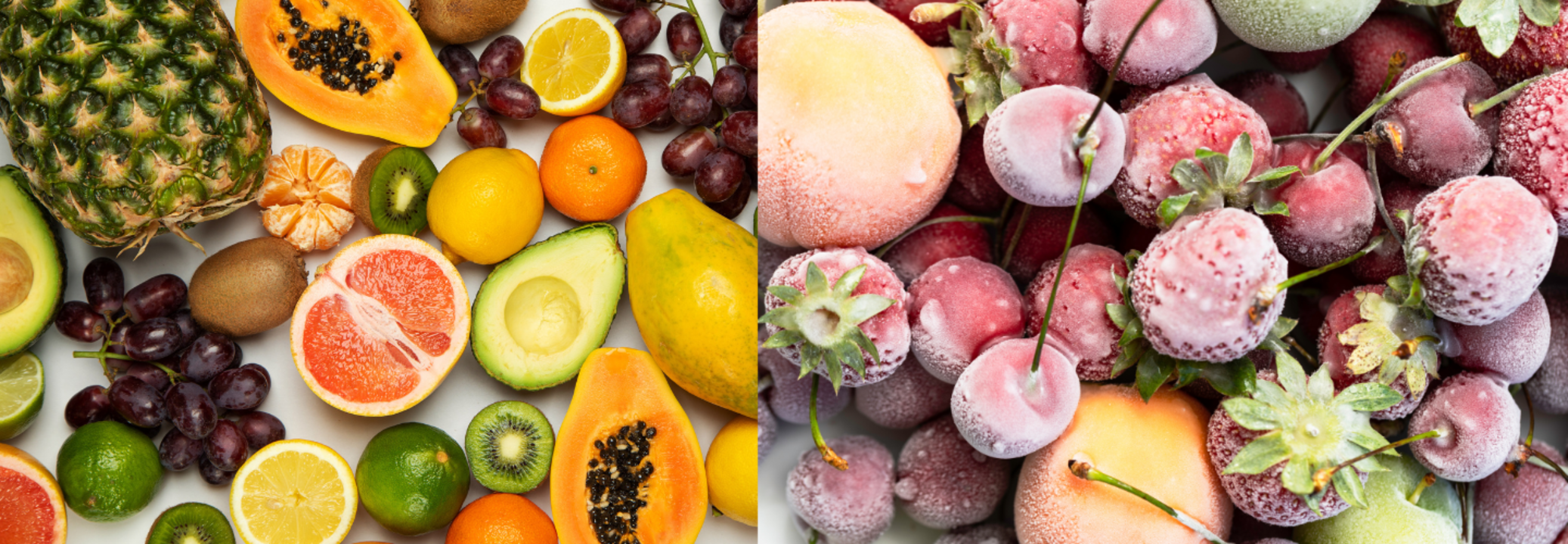Fresh Vs. Frozen Fruit: Which Is Better For Your Health, Budget And Nutrition?

Fresh Vs. Frozen Fruit: Which Is Better For Your Health, Budget And Nutrition?
SummaryFresh and frozen fruits each offer unique benefits. While fresh fruits excel in texture and flavor, frozen fruits provide convenience, extended shelf life, and retained nutrients, ensuring year-round accessibility and health advantages.
End of Article
